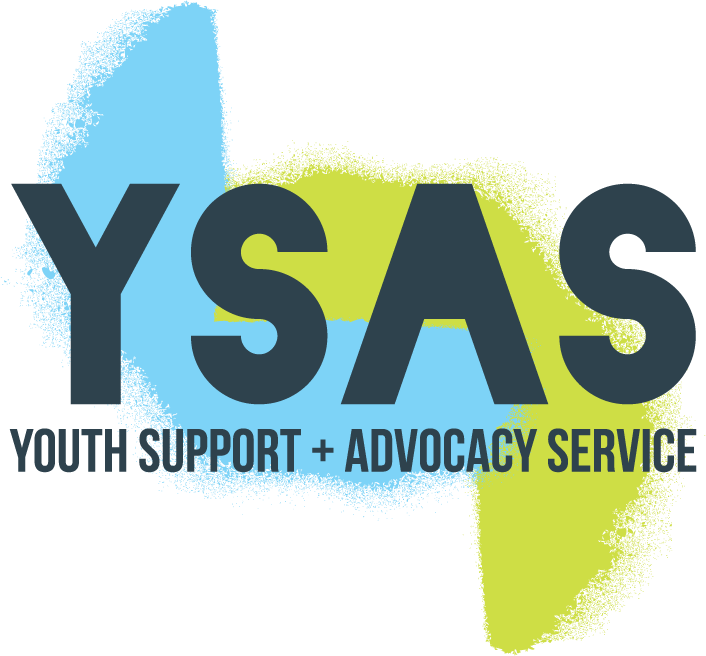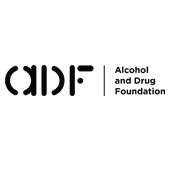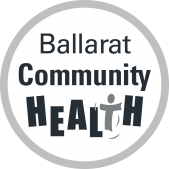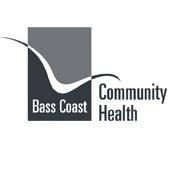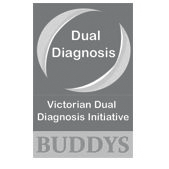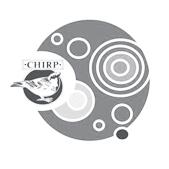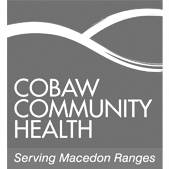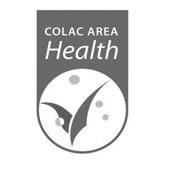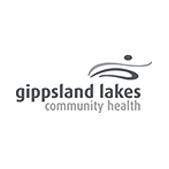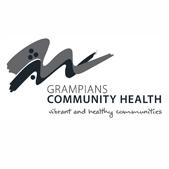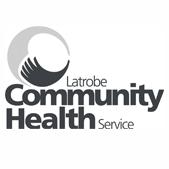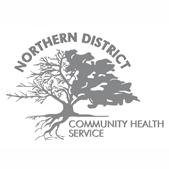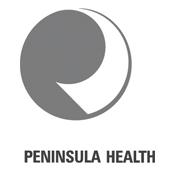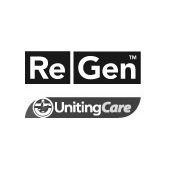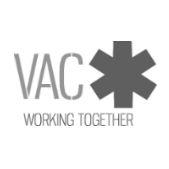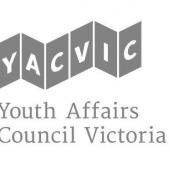Youth AOD Work
Top Tips for working with young people using Meth
Does the rise in ice mean workers need to completely rethink how we support young people with ice related issues? Or do we simply need to emphasise particular approaches that have long been in the repertoire of youth workers?
Let's begin with the drug itself. Ice is a street name for a potent form of methamphetamine. Through understanding how methamphetamine effects the brain, we can anticipate the kind of difficulties a young person who has been using meth may face when engaging with youth AOD services.
We know that methamphetamine, effects motivation, memory and planning. It also impacts sleep and alertness with subsequent impacts on mental health. We know how meth impacts the person, how then should it impact our practice?
Here are some tips.
Consider extended episodes
Young people using meth experience a much higher risk of lapse and relapse than with other drugs even long after use has been reduced or ceased. Workers and programs need to consider how they supporting a young person well beyond the reduction or ceasing of use. Supporting a young person to maintain changes should be part of every care plan.
Be creative
Varying motivation and capacity to plan ahead equals potential for missed appointments and no shows. Understanding the effects long term meth can have on motivation means old fashioned comments such as “I shouldn’t be working harder than the client to engage” are redundant. Consider strategies that promote engagement then back these with assertive follow up. Modalities such as outreach are particularly effective in engaging young people with motivation difficulties.
Break it up
There is potential that some young people may have difficulty with some cognitive processes, flexible thinking, attention and retaining information. Can you see a young person several times in one week for very brief periods rather than a long session every fortnight? Can you place less emphasis on talk based or cognitive therapies and think about incorporating behavioural approaches? When providing information, think about focusing on one or two ideas at a time using repetition to help a young person take in info.
Eat, sleep, reassure
Finally, young people who have been using meth for extended periods of time may experience an overall deterioration in physical and mental health. Residential facilities and day programs are focusing on providing nutrition and a safe environment for young people to sleep for extended periods of time. Are you in a position to provide healthy meals and snacks? As with any drug, reassuring a young person that their health can improve is key.
The good news is none of this is new to Youth workers given the evidence-based characteristics of youth work. Youth workers with their existing emphasis on engagement, relationship based work and flexible methods such as assertive follow-up and outreach are well placed to meet the needs of young people who use methamphetamine.




